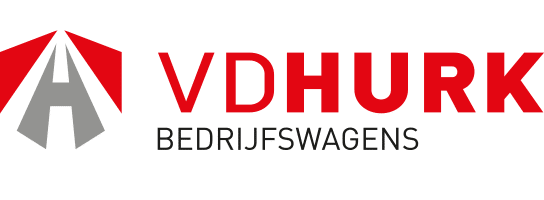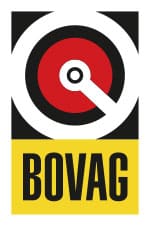How does financial leasing affect my cash flow?
What is financial leasing and how does it work?
Financial lease is a popular way for businesses to finance vehicles without putting down a large sum of money all at once. It is a form of business financing where you drive a company car for a fixed monthly payment. With financial lease, you immediately become the economic owner of the vehicle, and at the end of the lease period, you are full owner.
The difference with other forms of leasing, such as operating lease, is in the ownership. With operating lease, the leasing company retains ownership of the vehicle, whereas with financial lease, you eventually get full ownership of the vehicle. In addition, financial lease often includes more responsibilities, such as maintenance and insurance, which are often included in the monthly amount with operating lease.
How does financial leasing affect monthly cash flow?
Financial leasing allows entrepreneurs to better manage their cash flow. Instead of a large one-off investment, you spread the cost over a longer period. This ensures that your capital remains available for other important business activities.
Fixed monthly costs make it easier to plan and control your budget. This allows you as a business owner to better anticipate monthly expenses without surprises. This is especially beneficial for SMEs and the self-employed who want to use their working capital efficiently.
What are the tax advantages of financial leasing?
One of the attractive aspects of financial leasing are the potential tax benefits. Because financial leasing is considered a loan, interest and depreciation are often tax deductible. This can lead to significant tax savings for your business.
Moreover, investment in company cars through financial leasing may be eligible for investment deductions. This means that part of the investment can lead to a reduction in taxable profit, which is beneficial for your company's tax burden.
How does financial lease compare to operating lease?
Financial lease and operating lease are two different ways of leasing a vehicle, each with their own advantages and disadvantages. With financial lease, you own the vehicle at the end of the lease period, while with operating lease, you give the vehicle back to the leasing company.
Operating lease often offers more flexibility as maintenance and insurance are usually included in the monthly fee. Financial lease, on the other hand, gives you more control over the vehicle as you get ownership. The choice between the two depends on your business needs and preferences, and the impact you want to have on your cash flow and ownership.
What are the risks of financial leasing?
While financial leasing offers many advantages, there are also some risks to consider. One important risk is the residual value risk. This means that the actual value of the vehicle at the end of the lease period may be lower than expected, which could lead to additional costs.
There is also the risk of overfinancing. This happens when you borrow more than your business can actually carry, which can lead to financial strain. It is therefore important to properly evaluate your financial situation and ensure that monthly payments fit within your budget.
How can Van den Hurk Bedrijfswagens help with financial leasing?
At Van den Hurk Bedrijfswagens, we understand that choosing the right leasing option is crucial to the success of your business. We offer flexible financial lease-options tailored to the specific needs of the self-employed, SMEs and larger organisations.
Our expert advisers are ready to help you choose the right commercial vehicle and draw up a financial plan that suits your cash flow. With quick approval and tailor-made solutions, we make sure you can hit the road quickly and without worries. Visit us in Helmond and find out how we can support you in your business activities.






